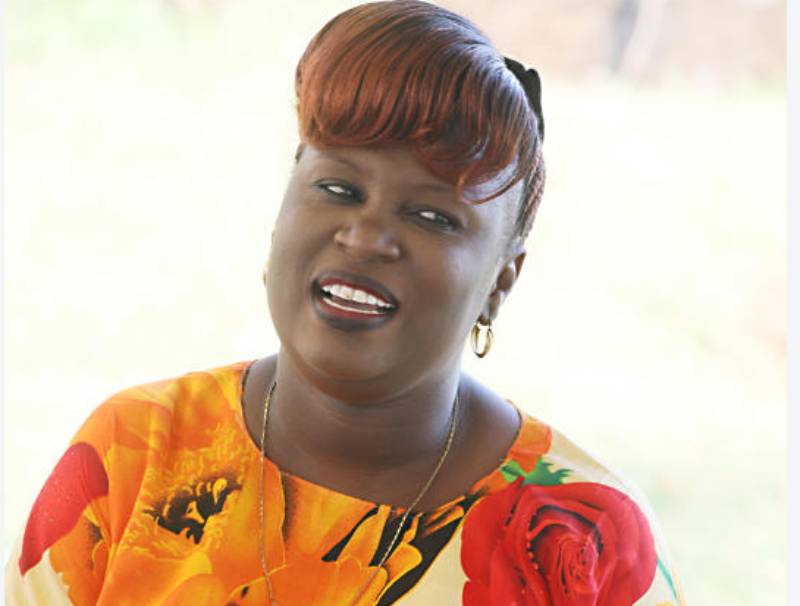×
The Standard e-Paper
Join Thousands Daily

Mercy Neema Mwagambo, a survivor of the bombing at Paradise Hotel in Kikambala, Kilifi County. [Omondi Onyango, Standard]
The scars on Mercy Neema Mwagambo’s body are a stark reminder of what happened at Paradise Beach Hotel in Kikambala 18 years ago.